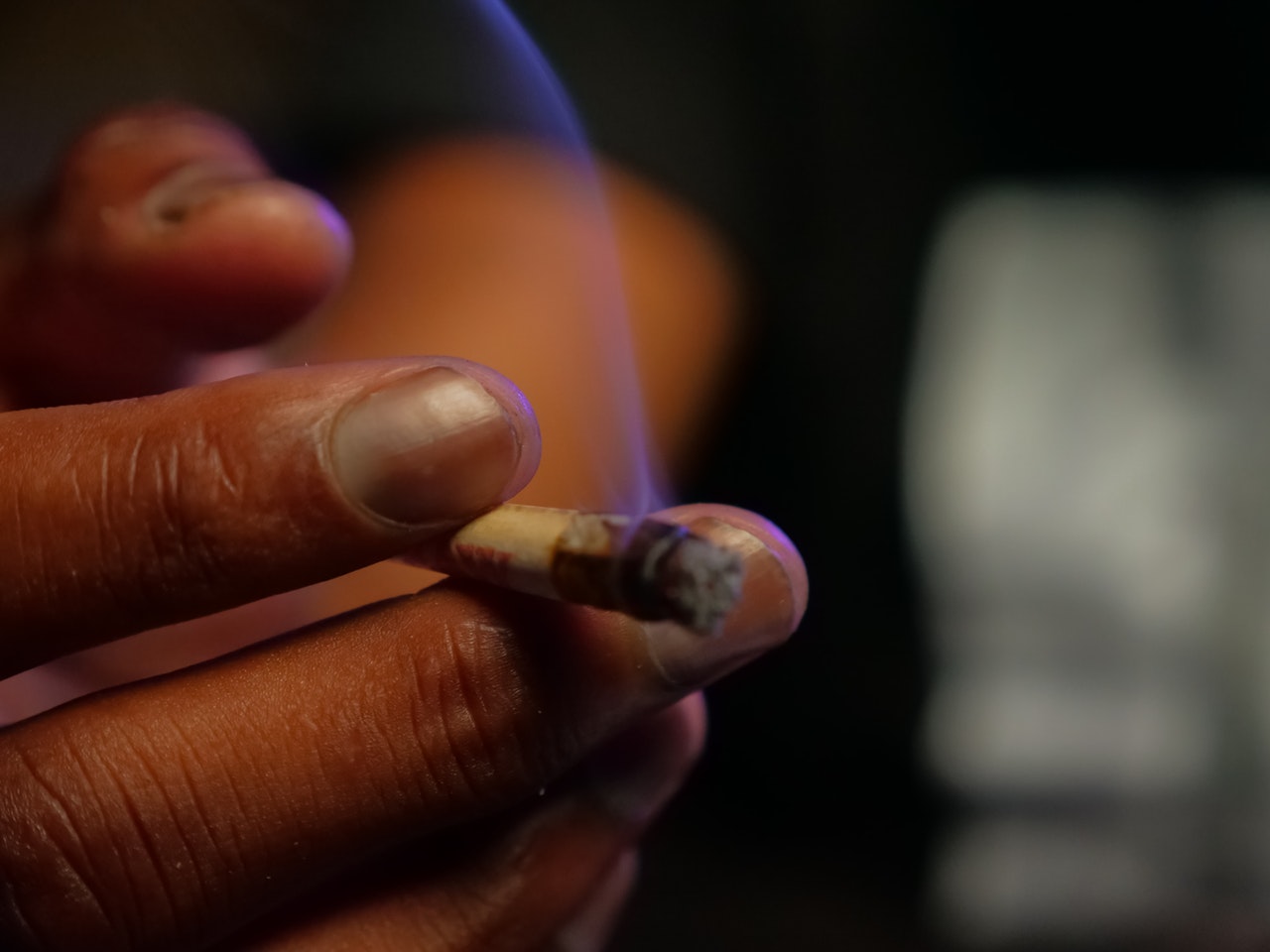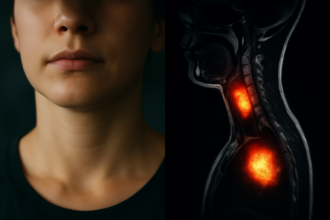Recent research funded by the National Institute of Justice (NIJ) challenges the reliability of field sobriety tests (FSTs) and THC levels as indicators of marijuana intoxication. The study, conducted by RTI International, provides critical insights into why these methods fall short when assessing cannabis-related impairment.
Contents
Key Findings of the Study
1. Field Sobriety Tests Are Ineffective for Cannabis Intoxication
- Traditional FSTs such as the one-leg stand, walk-and-turn, and modified Romberg balance tests were found to be insensitive to cannabis intoxication.
- Regardless of the level of impairment, these tests failed to detect signs of cannabis influence in participants.
2. THC Levels Don’t Correlate with Impairment
- Researchers analyzed levels of tetrahydrocannabinol (THC), cannabidiol (CBD), and cannabinol (CBN) in blood, urine, and oral fluid.
- No direct correlation was observed between THC concentrations and cognitive or psychomotor impairment, even after oral or vaporized cannabis consumption.
- THC levels in biofluids were deemed unreliable indicators of marijuana intoxication.
3. Observations of Cognitive and Psychomotor Impairment
- Despite the lack of correlation between THC levels and performance, participants exhibited substantially decreased cognitive and psychomotor abilities at certain times.
- Notably, these impairments sometimes occurred when THC levels in the blood and oral fluid were relatively low.
Implications for Legal and Forensic Practices
- For DWI Attorneys: These findings challenge the validity of using THC levels or FSTs as evidence

- For Law Enforcement: Alternative methods may be required to accurately assess marijuana intoxication, as current standardized tests are inadequate for cannabis detection.
- For Public Policy: The study emphasizes the need for further research to develop reliable tools for assessing cannabis impairment to ensure fair legal processes.
Source: National Institute of Justice, “Field Sobriety Tests and THC Levels Unreliable Indicators of Marijuana Intoxication,” April 5, 2021, nij.ojp.gov:
https://nij.ojp.gov/topics/










